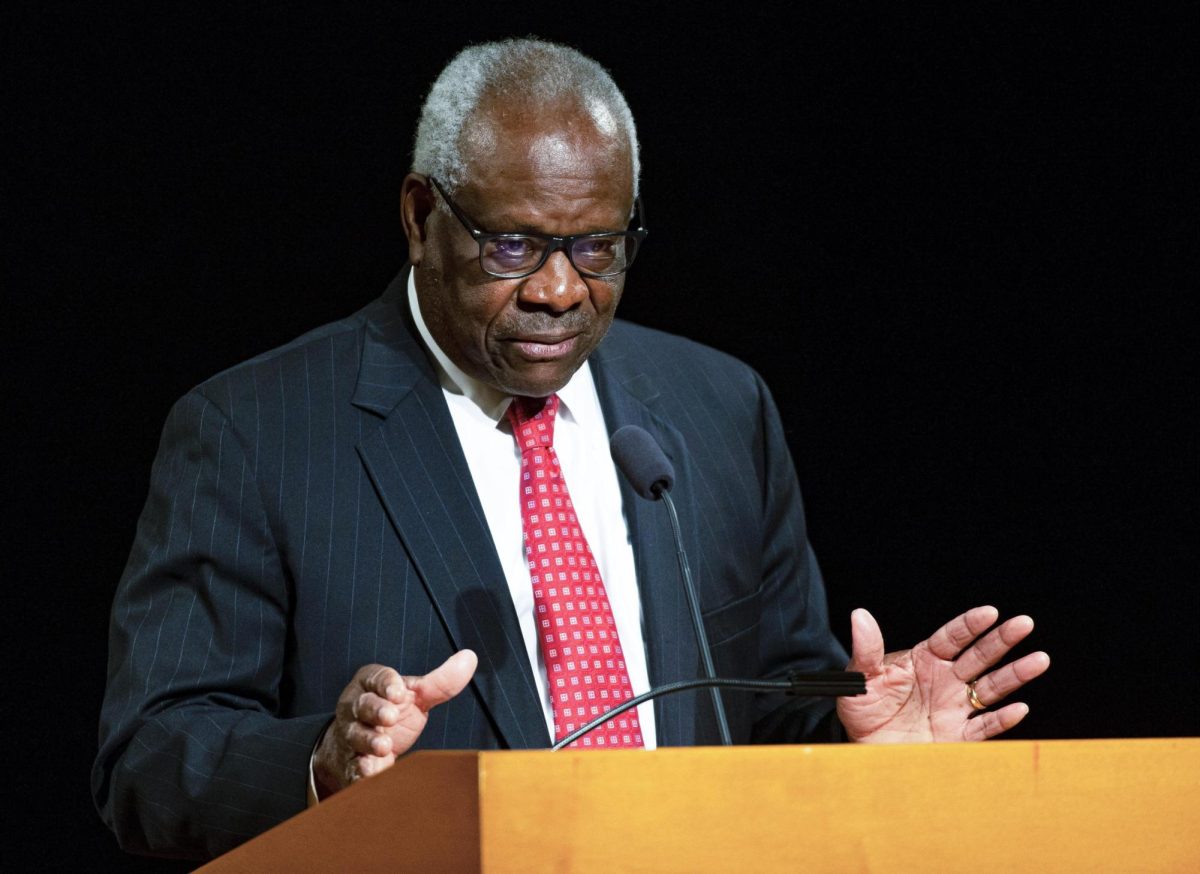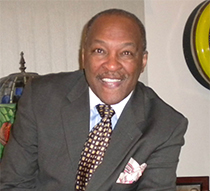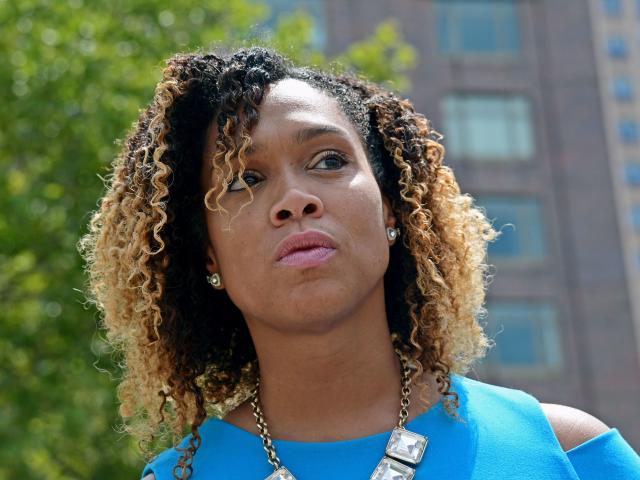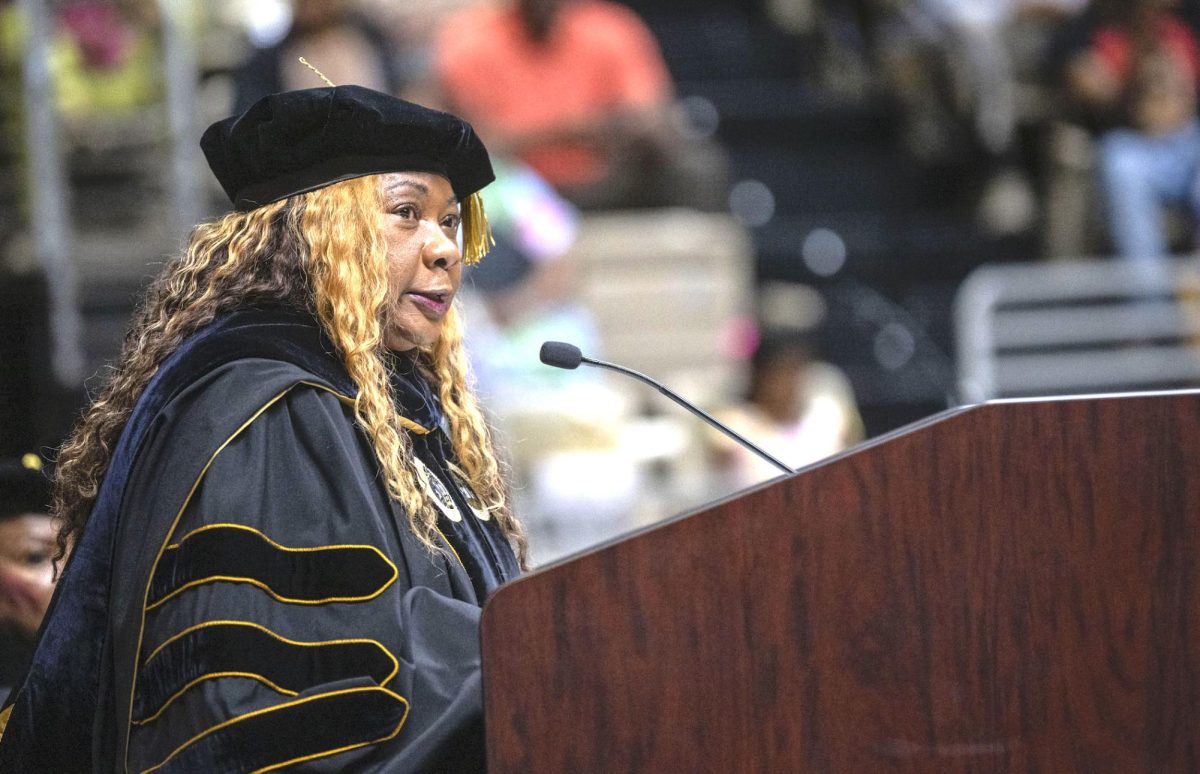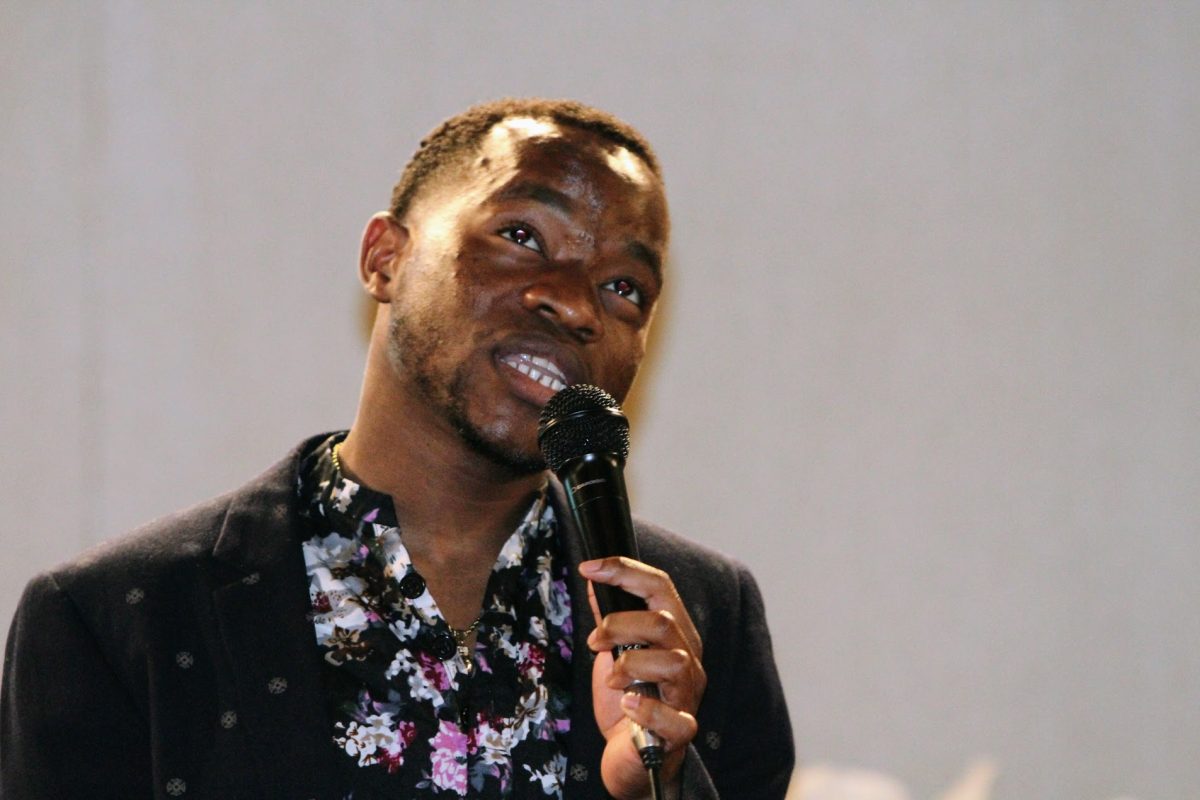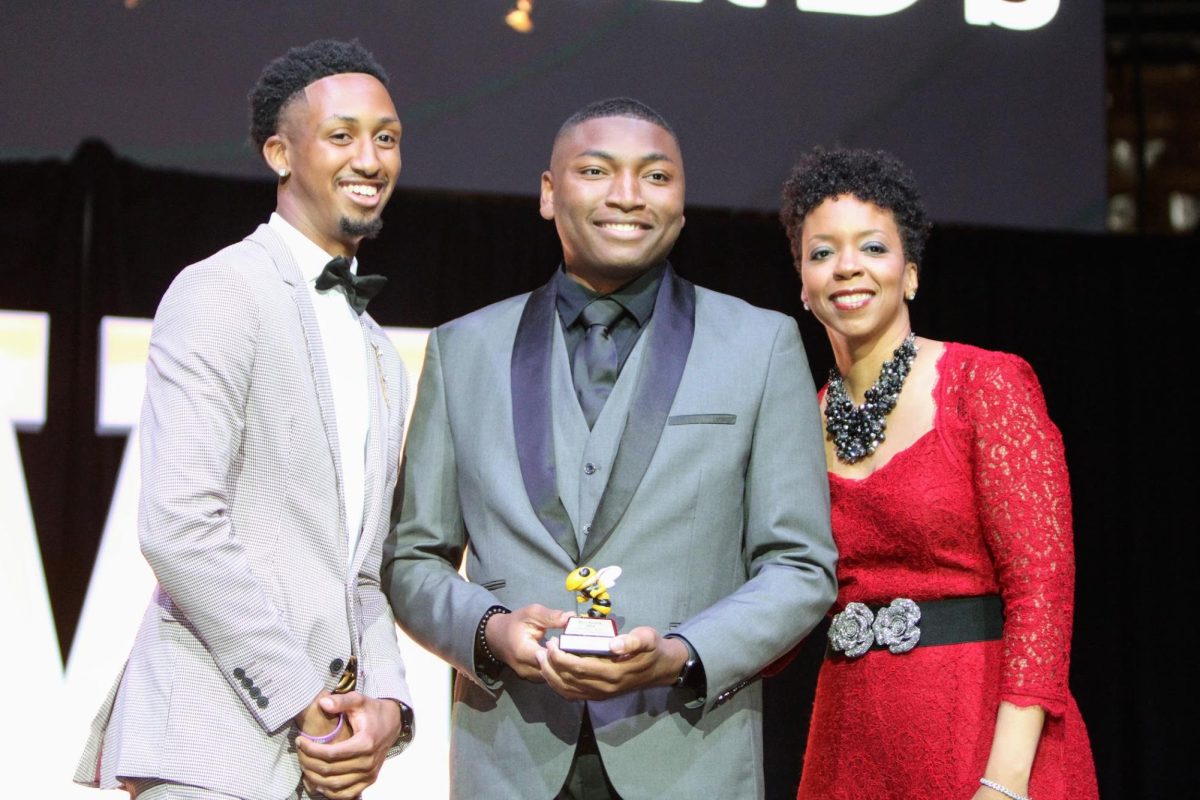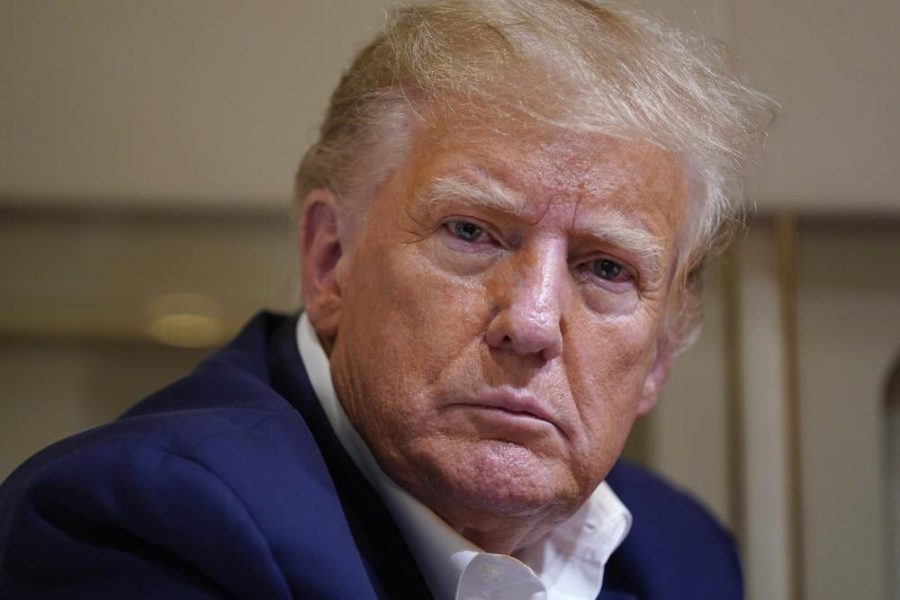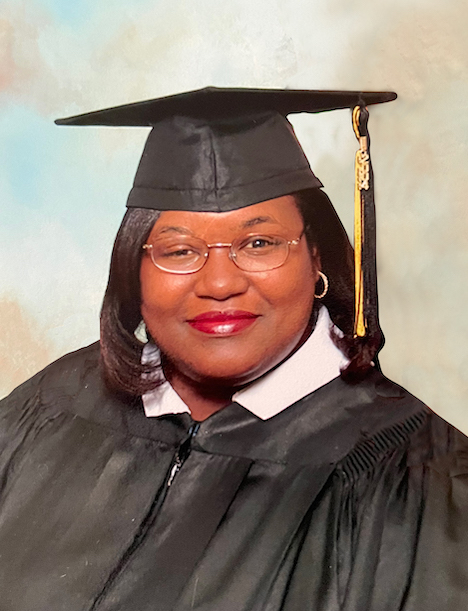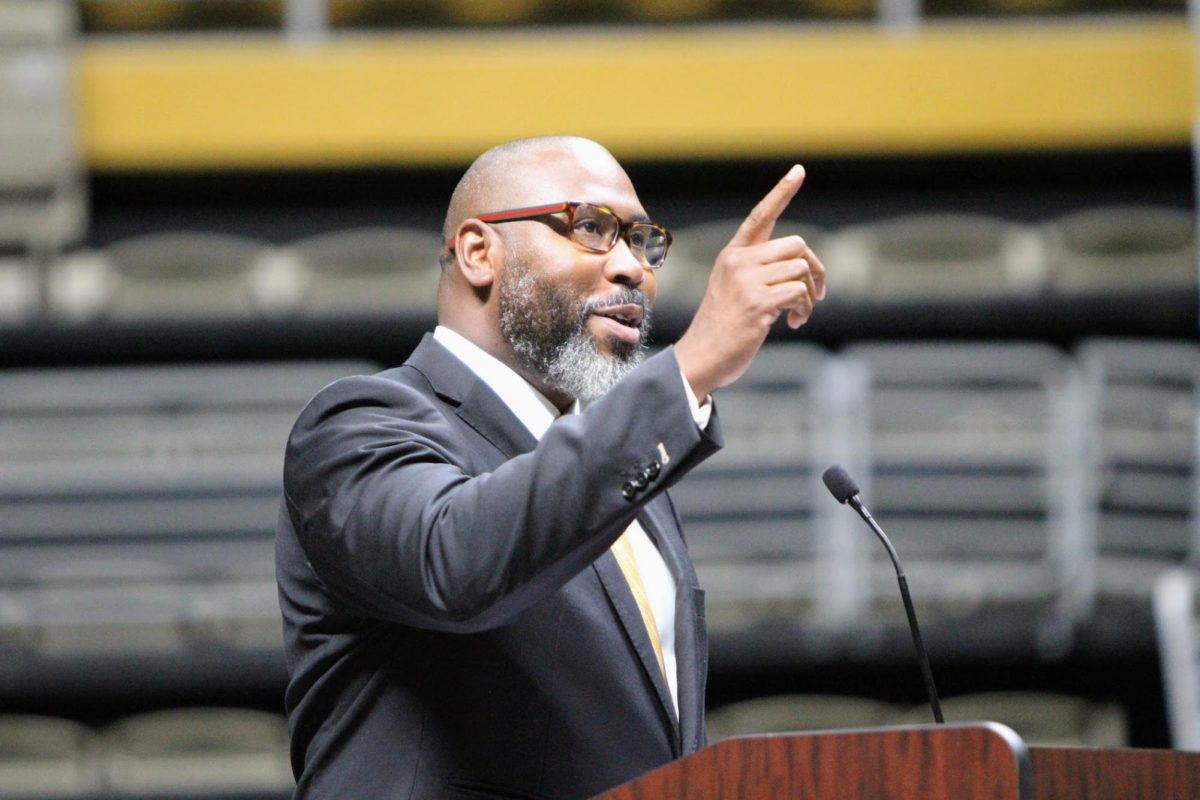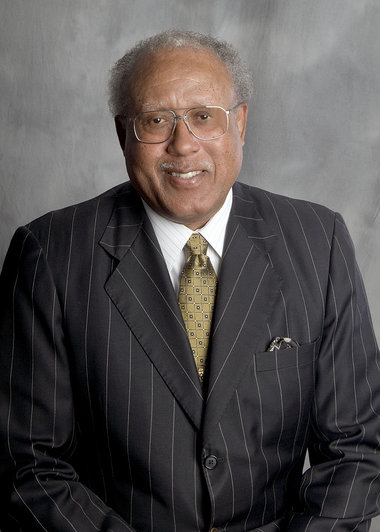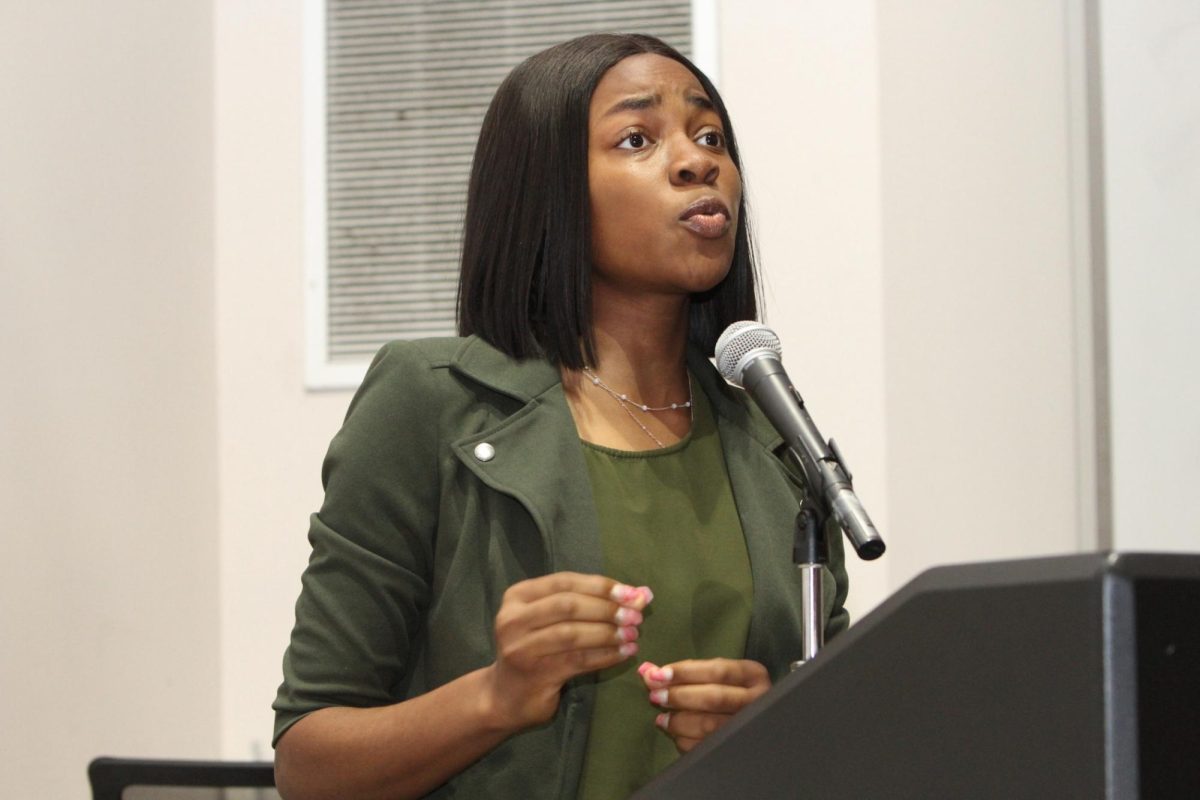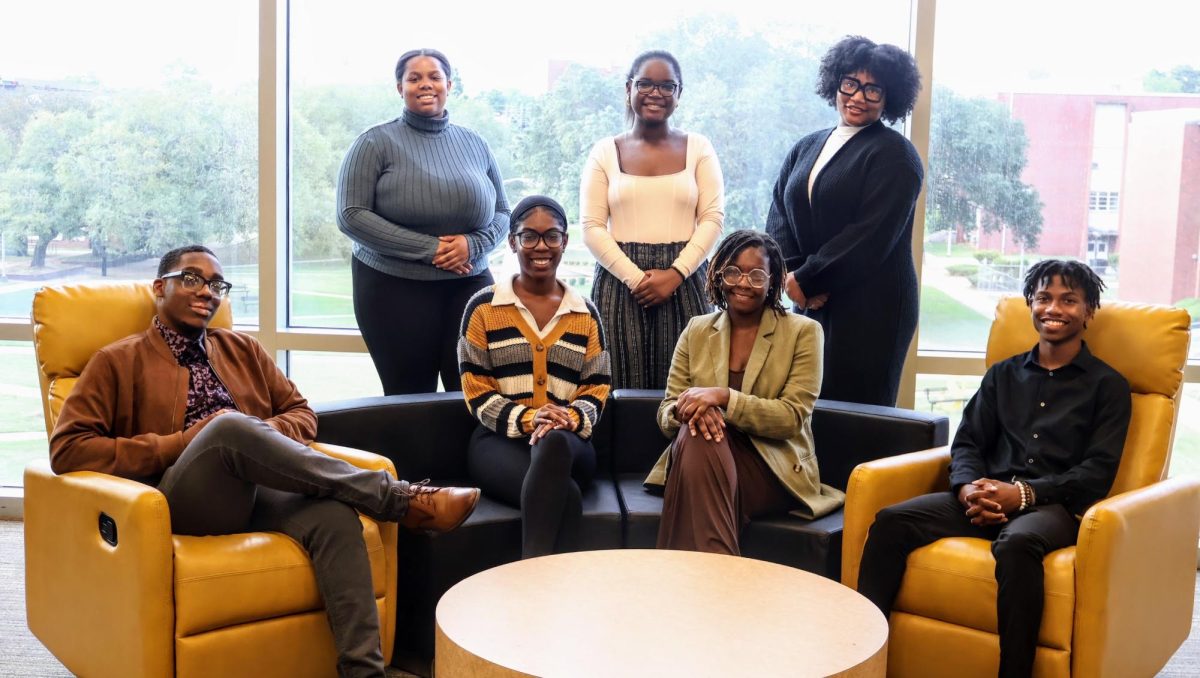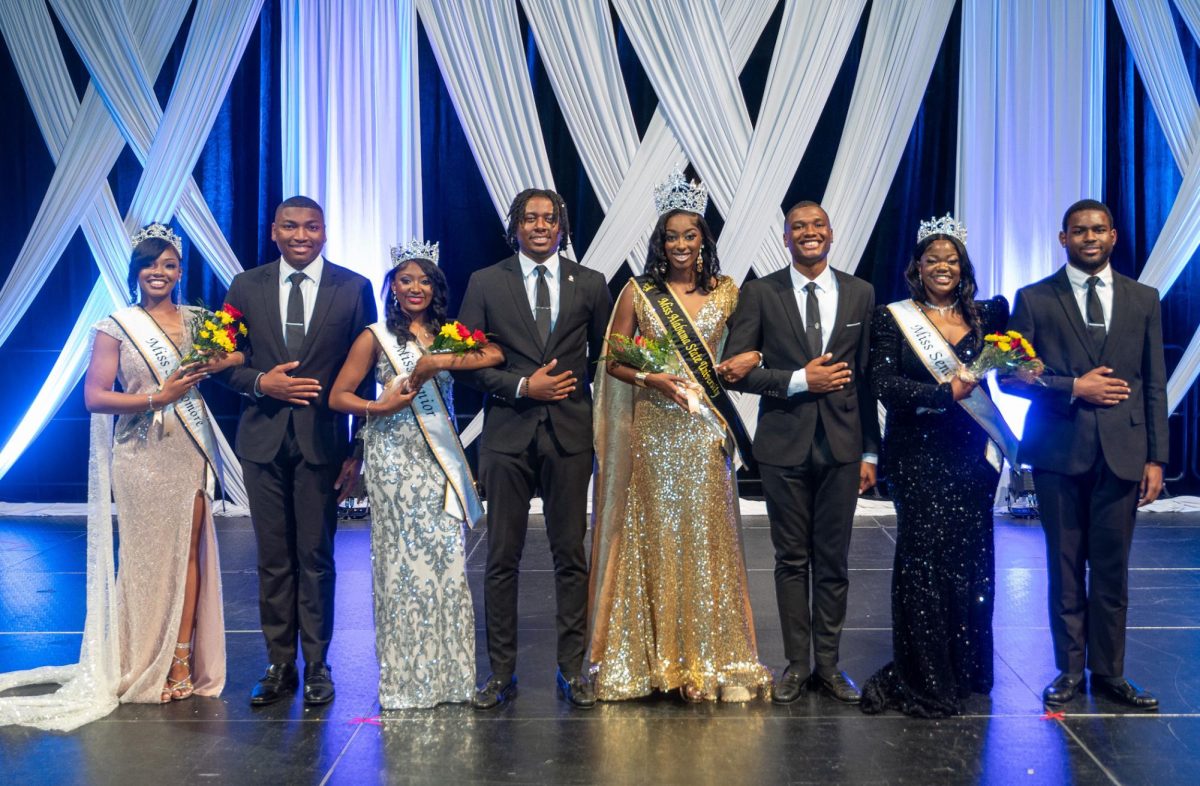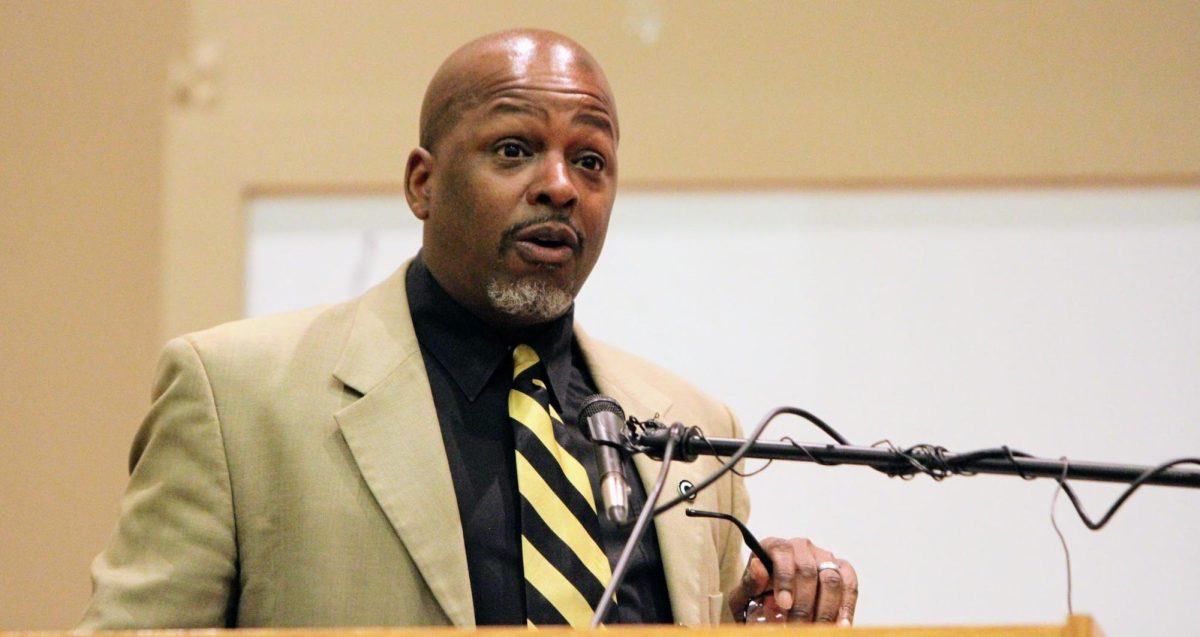Clarence Thomas, the only African American male serving on the U.S. Supreme Court, has captured the attention of America within the past few weeks.
Many people, including students and faculty members at Alabama State University have become increasingly concerned about Thomas’ conduct while serving on the Supreme Court regarding various scandals and ethical issues he has been linked with.
According to the publication ProPublica, Thomas has been accused of the following ethics violations:
RV Loan Forgiven: Thomas never repaid a “substantial portion” of a $267,230 loan from wealthy friend Anthony Welters, which he used to purchase a luxury RV, a Senate Finance Committee investigation found, raising questions about whether the loan was properly reported on his taxes. If Thomas never paid the principal on the loan, it would have created a “significant amount of taxable income,” the committee noted, which was not reported on his financial disclosure to the court in 2008, the year Welker said the loan was “satisfied.”
Harlan Crow Tuition: ProPublica reported Crow also paid two years of tuition for Thomas’ grandnephew Mark Martin, whom the justice has custody of, to attend two private schools in the 2000s, which cost $6,000 per month at one of the schools and were similarly not disclosed—even as Thomas did disclose a tuition payment a different friend made years earlier.
Harlan Crow Real Estate: Thomas and his family also sold a string of properties in Savannah, Georgia, to Crow in 2014 without disclosing that as required, ProPublica reports—including the home where his mother still lives—which Crow told the publication he purchased so he could eventually build a museum dedicated to the justice.
Ginni Thomas 2020 Election: Thomas pushed efforts to overturn the 2020 election results as her husband was hearing cases on it, including sending text messages to then White House Chief of Staff Mark Meadows, which fueled calls for Thomas to resign or face impeachment over the perceived conflict of interest.
Financial Disclosures: Thomas has made a series of other “errors and omissions” on financial disclosure reports, which the Washington Post reported includes reporting real estate income for decades from a company that shut down in 2006 and has in the past had to amend his financial disclosures multiple times, including after failing to report his wife’s income in the 2000s.
Sokol, Huizenga and Novelly Gifts: ProPublica reported that during his tenure on the Supreme Court, Thomas has accepted gifts including at least 38 “destination vacations,” 26 private jet flights, VIP sports passes, helicopter flights, private resorts stay and a “standing invitation” for a private golf club—which ProPublica noted was “almost certainly an undercount”—particularly from former Berkshire Hathaway executive David Sokol, late billionaire H. Wayne Huizenga and Apex Oil CEO Paul “Tony” Novelly, none of which were disclosed on Thomas’ federal disclosure forms.
Faculty members and students at the university from various departments expressed their concerns about the allegations.
Trinity Brown, a senior political science major, expressed a number of issues.
“First and foremost, I am disgusted that a member of the nation’s highest court of law would conduct himself and his personal affairs in such a heinous and apathetic manner.” Brown adds, “I’m not criticizing Justice Thomas on the expression of his Blackness as many of his BIPOC critics have, calling him a ‘coon’ or a ‘race traitor’ for his party affiliation. Instead, I’m judging him through the framework of his controversial conduct in federal judicial office such as his connection to the Jan. 6 insurrection through his wife, the Anita Hill scandal, and innumerable ethics violations.”
Brown thinks that action should be taken to address Thomas’ conduct. She expressed that “the only appropriate course correction for his grievances would be his immediate and permanent resignation or removal from office as a Justice of the Supreme Court.”
Carlos Morrison, Ph.D., professor of communications, shares an opinion similar to other faculty members.
“While on the bench that represents the highest court in the land, Supreme Court Justice Thomas’ rulings have far too often been devoid of justice,” Morrison said. He adds that Thomas “has shown a conservative and politically leaning bias on the bench time and time again, and he should be removed.”
D’Linell Finley, Ph.D., professor and faculty member in the department of history political science said, “We expect our judiciary to display the appearance of objectivity. That appearance of objectivity is difficult when it appears that a justice is connected to wealthy individuals who provide him or her hospitality and gifts and have cases impacting them heard by those same justices.”
John Craig, associate professor in the department of languages and literature, agrees that Thomas, along with other justices, have displayed similar behavior.
“I don’t think Thomas is the only judge who has been more or less ‘captured’ by wealthy interests.” However, Craig adds that change may not be possible, saying, “maybe the ethics rules applied to lower court justices should be applied to the justices on the Supreme Court… that would take constitutional amendments, and I don’t think that’s possible, given the current dysfunctional nature of Congress, especially the House. But I do know we deserve better.”
Finley further adds to Craig’s point that there may be no chance for change.
“Unfortunately, there is nothing that can be done to Clarence Thomas, or any other member of the Supreme Court since the court regulates itself. There are no external controls except Congress withholding appropriations to the Supreme Court which is not going to happen.”
Some faculty members who expressed their opinions believe Justice Thomas should be removed immediately. However, Craig and Finley both added that this would be nearly impossible.
Students respond to charges regarding Clarence Thomas’ ethical issues and conduct
October 7, 2023
Story continues below advertisement







